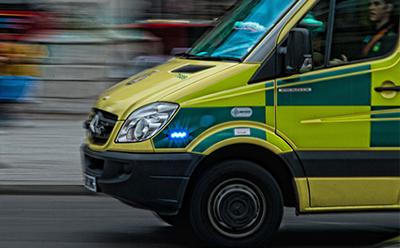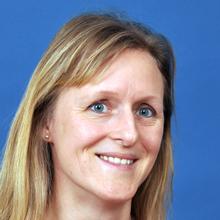Clinicians Call for Patients to Share Experiences of Urgent and Emergency Care

Researchers and clinicians in Southampton are calling for people to share their views and experiences of urgent and emergency care services.
It forms part of a national study, led by Dr Joanne Turnbull, Senior Research Fellow at the University of Southampton, to help find out more about the use of out-of-hours GPs, minor injuries units, NHS walk-in centres, NHS 111, ambulance services and hospital emergency departments.
A 2013 report commissioned by NHS England warned a "confusing and inconsistent array of services outside hospital" had led to many people "defaulting" to emergency departments, with 40 per cent of patients discharged requiring no treatment, up to one million avoidable emergency admissions and up to 50 per cent of 999 calls that could be managed at the scene.
Earlier this month, health secretary Jeremy Hunt announced plans to look at new ways of managing the use of Emergency Departments, with some hospitals piloting a streaming system which sees staff assess patients on arrival and direct them to alternative services if they do not require hospital care.
"We are doing this research to find out what people think about urgent and emergency care services in England and how and why they use them," explained Dr Gemma McKenna, a research fellow in NHS urgent care at the University of Southampton. "The NHS offers a range of different urgent and emergency services and research suggests people can be confused by what different services offer and how and when to access them, so we are hope that understanding patients' choices will help the NHS manage services better for patients."
Professor Robert Crouch, a consultant nurse in the emergency department at University Hospital Southampton NHS Foundation Trust and an honorary professor of emergency care at the University of Southampton, added: "This is a really important opportunity for people who have used various urgent and emergency care services to share their views and help frame the way these are organised in the future.
"There has been much national focus on the use of urgent and emergency care services and more work needs to be done to simplify messages and help reduce confusion for patients accessing treatment - this work should help that process."
The researchers are looking to talk to 100 people about their experiences. Anyone interested in finding out more about the project or taking part can call the team on 023 8059 8841 or email G.McKenna@soton.ac.uk.
